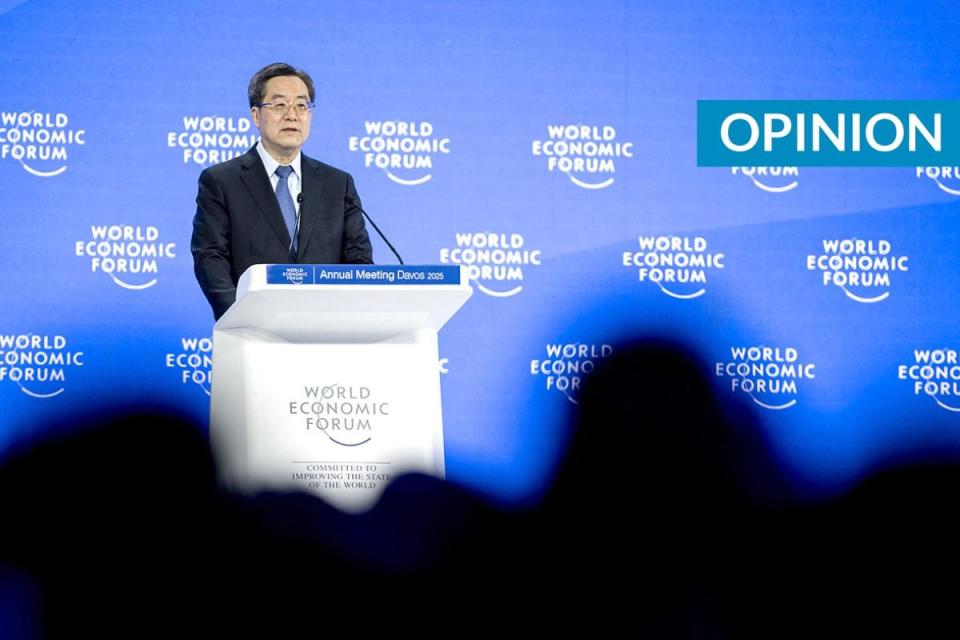The 2025 Davos meeting
While the world is still connected along traditional lines, it has started to fracture along new lines

This week has been Davos week. The yearly meeting of the World Economic Forum which is held in Davos, Switzerland, started on Monday, and is expected to end today.
The theme of this year’s meeting is ‘Collaboration for the Intelligent Age’. The backdrop which led to this theme is known to all – ongoing conflict, economic uncertainty and technological advancements.
Add to this the uncertainty resulting from new leaders coming into office in a number of countries in the last months and in the coming months.
Paraphrasing the president of the European Commission, the paradox we are facing is that while the world is still connected along traditional lines, it has started to fracture along new lines.
The vice premier of the People’s Republic of China spoke along the same lines as he contended that multilateral institutions need to be upheld and warned against the increasing use of protectionist trade policies.
The underlying message of most political leaders was that the challenges posed by conflict among nations, climate change, technological developments, poverty and unemployment need to be faced in a spirit of collaboration.
As we celebrate the 80th anniversary of the end of World War II in 2025, we need to remember that these last 80 years have been characterised by a spirit of collaboration. Economies have prospered (even those that were already prosperous) thanks to multilateralism.
The development of the European Coal and Steel Community among six European countries, which had been at war with each other just a few years previously, into today’s EU with 27 member states and a number of countries which have applied to join the Union, is a case in point.
We need to come together to map out our future economic policies and strategies in light of the current global backdrop
Another case in point is the economic growth experienced by China and other Asian countries. If trade barriers had not been removed, they would not have experienced such growth.
The fractures which are appearing in the global system may owe their cause to one very important element: we are focusing more on threats than on opportunities. Instead of focusing on how the international trade rules can be reformed such that more and more countries benefit from it, some countries are focusing on the threats international trade is posing.
Instead of focusing on how to harness the benefits of artificial intelligence, Big Tech companies are simply seeking to enhance their bottom line at the expense of the rest.I pose one question.
I have no doubt that we have a number of great political leaders leading countries today. However, are we missing international statesmen with foresight who promote the common good?
I understand that local populations elect governments, but history has shown that international statesmen have brought about the positive significant change of the last decades.
Malta’s reliance on international investment and international trade of goods and services makes it compulsory for our country’s needs to understand the messages emerging from the Davos meeting. We simply cannot rest on our laurels. Past and current economic growth is no guarantee of future economic growth, as the advert goes.
As a country, it’s good that we argue about our internal issues, but we need to come together to map out our future economic policies and strategies in light of the current global backdrop.